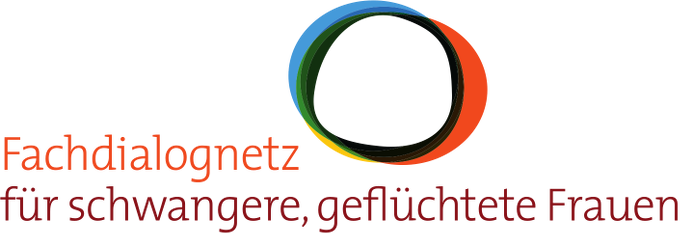Occupational Stressors and Coping Strategies among Midwives working in Refugee Camps in Hamburg
Background
Pregnant refugee and asylum-seeking women are a vulnerable group and therefore midwives are of high importance. The woman-midwife partnership is a constant balancing act between professionalism and intimacy. Therefore, the aim is to identify stressors, coping strategies and resources among midwives in refugee camps in Hamburg within the transactional model of stress.
Methodology
Participants were recruited via purposeful sampling and eleven qualitative interviews were conducted and transcribed based on Mayring (2014). Afterwards, paraphrases were developed with an inductive approach and allocated to categories with MAXQDA. The ethics committee at the HAW Hamburg approved the thesis.
Results
Major stressors were diversity, living conditions and uncertain future of the women. Insufficient temporal capacities lead to superficial treatment. Midwives needed to demarcate and adhere to professionalism. Further stressors included the impossibility to implement medical recommendations. Additionally, lack of interpreters and inaccurate translation were reported. The interviewees utilized non-verbal communication, smartphones and illustrations. Other stressors were the appointment allocation and perception that induced the use of guidance pilots. Moreover, the women had a different shame and provided other care for infants compared to natives. The midwives applied cultural openness. Due to the project status of one year, the finances were scarce. Primary resources were experience, empathy, contact with foreigners, own motherhood, the team, gratitude of the women and donations.
Conclusion
...
Sonstiges
Master Thesis: Occupational Stressors and Coping Strategies among Midwives working in Refugee Camps in Hamburg
Luise Richter
Examination Supervisor: Dr. Angelica Ensel Secondary Supervisor Prof. Dr. Christine Färber
Master Thesis Hamburg University of Applied Sciences Master Program Health Sciences
2017
Hamburg
Master Thesis
04. 10. 2017 / Hamburg

